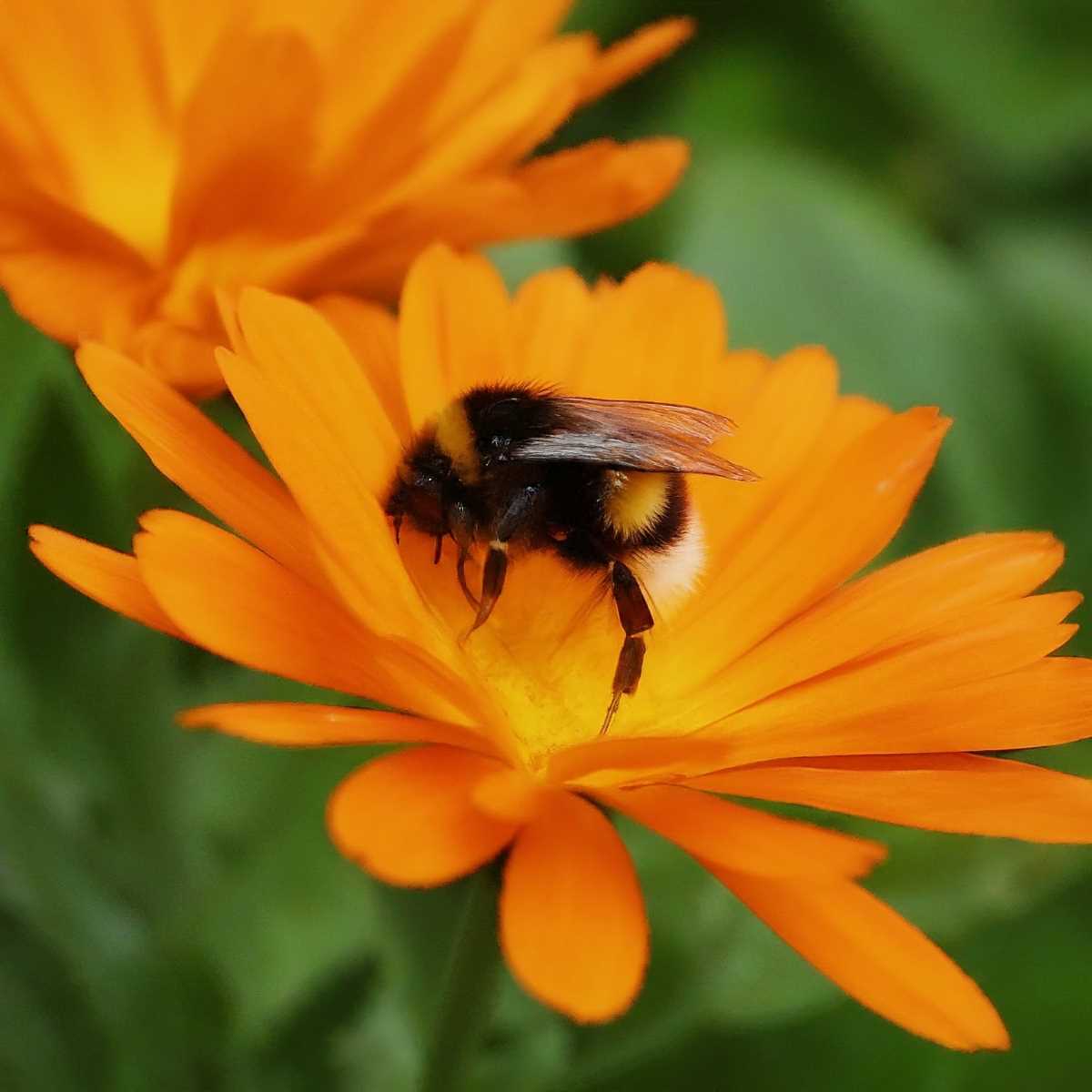Why Bees Matter More Than You Think
Bees are crucial for food production and ecosystem balance. Despite their importance, bee populations are declining due to human activities. Mexico is a major honey exporter but domestic consumption is low.

Without bees, there is no pollination, and without it, there is no food for humans and animals. Despite the importance of these insects, the United Nations Organization warns that 40 percent of invertebrate pollinators, including butterflies, could be facing a critical moment, among other causes due to the use of pesticides, says the academic of the Cuautitlán Faculty of Higher Studies, UNAM, Tonatiuh Alejandro Cruz Sánchez.
On the occasion of National Bee Day, which is commemorated on August 17, he emphasizes that 80 percent of the products we consume to feed ourselves originate thanks to the intervention, in one way or another, of these hymenoptera: cucumber, melon, watermelon, pumpkin, avocado (the “green gold” of our country), strawberry, mango, apple, citrus, among others.




